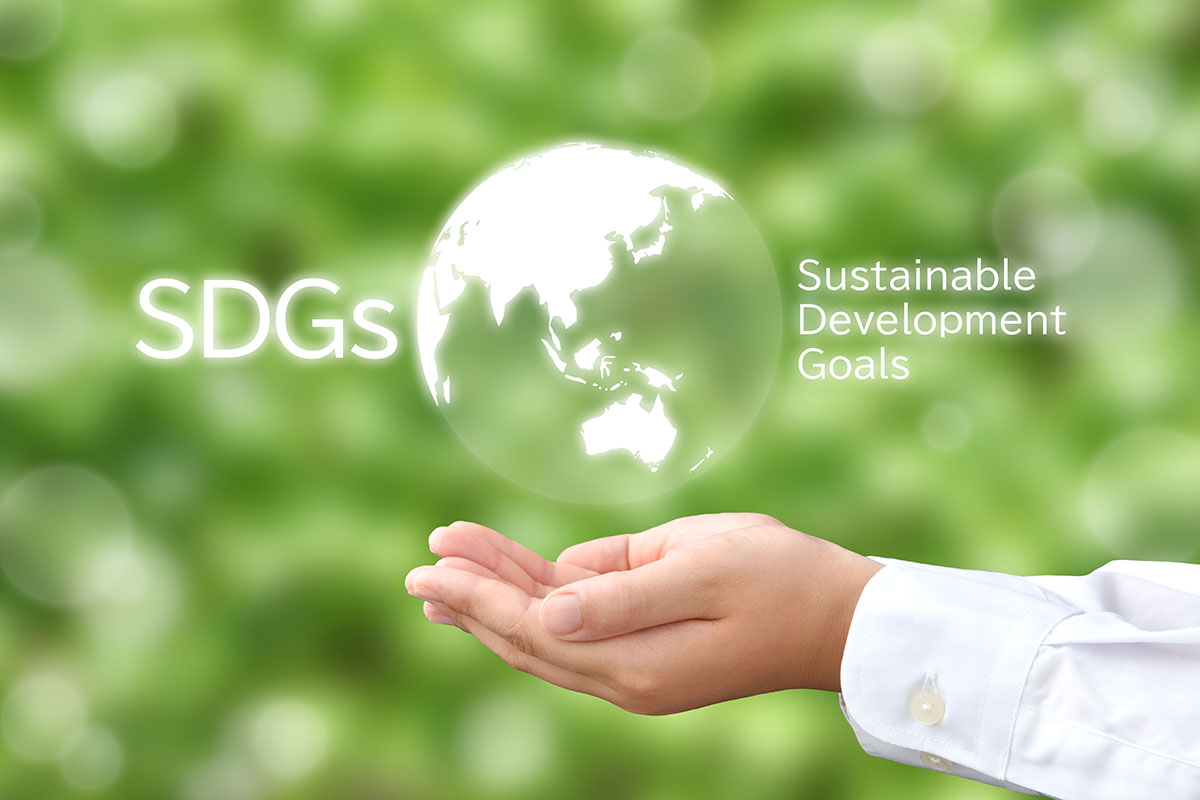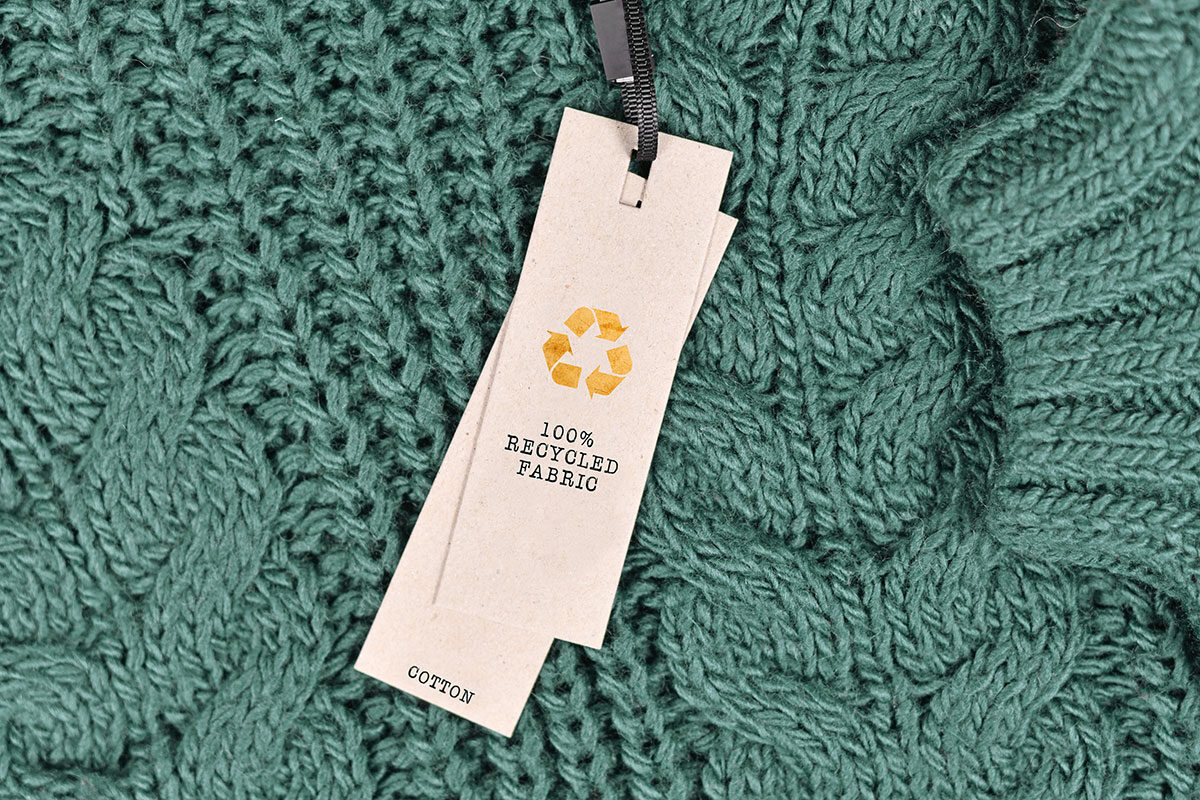Sustainability Acronyms You Need To Know | CGBC
With so many Sustainability Acronyms it can be hard to make sense of all the jargon. So, here’s an explainer of the different acronyms, what they...

Sarah Kent is our Director of Sustainability at CG Business Consulting and a Certified Energy Manager with over 15 year's industry experience.
In this Q & A, we'll take a deep dive to learn more about Sarah, her role at CGBC and her goal to help organisations understand how sustainability impacts them and provide support in determining an approach that suits them as a business.
I am the Director of Sustainability at CG Business Consulting and a Certified Energy Manager with over 15 year’s industry experience.

I hold both graduate and post-graduate degrees from University College Dublin including a BSc and MSc in Environmental Technology. I have also completed a Diploma of Carbon Management from Swinburne University of Technology in Melbourne.
I am highly knowledgeable in development and delivery of end-to-end sustainability services including energy, waste, water, and supply chain management to clients within the public & private sectors both in Ireland and overseas.
I strive to achieve successful sustainable outcomes for organisations and groups working alongside and collaborating with clients, colleagues and key stakeholders. I believe that standardised management systems are invaluable when identifying and implementing ambitious climate actions on the pathway to net zero and addressing ESG requirements.
I am hugely passionate about my career in Sustainability and hence, naturally focused to create positive changes.
I lead the Sustainability Division within CG Business Consulting.

Sustainability can mean different things to each individual and organisation. However as a consultant the important thing for me is to ensure that I understand what sustainability means for my stakeholders and clients and if they are unclear on this support them in determining and defining appropriately.
An energy audit or assessment will be a key step to enable you to understand where you are on your sustainability pathway and then develop the roadmap of initiatives in line developing and supporting strategic objectives of the organisation. An audit will provide insights on current energy related carbon emission and energy performance levels.
Knowing the breakdown of usage is key to a successful Energy Management.

Stage 1: The Pre site visit stage data and information gathering activities. Information requests will be issued to the client.
Stage 2: The Site visit consists of visual inspections of buildings, processes and equipment along with interviews with relevant site operational personnel.
Stage 3: The Analysis and Report Development includes the following:
Stage 4 – Issue final report and presentation of findings.
This will depend on the nature and extent of the operations however would typically be as follows:
The client will need to provide the data and information requested during the stage 1 of the audit process.
During the site visit a client representative will be required to provide a site walkthrough and provide relevant operational details and overview of energy types , usage & consumption.
Once the audit has been completed the client will need to be available to discuss the opportunities identified.
All findings will be compiled into an audit report. This will help you to understand:
This audit report will give a clear indication of where usage is heaviest and costs are highest, and most importantly, where savings can be made.
The energy audit is the starting point for your energy management program / system and will identify ways to lower operating costs and reduce carbon emissions.
Low investment saving measures can be easily implemented by the client however higher investment opportunities need more consideration and investment planning and strategy taking into consideration external funding supports and funding models.
No strictly speaking the organisation does not have to implement the findings however the reports offer little value ‘sits on a shelf’
Organisation that are obligated entities will have certain time requirements for their energy audit program. For example in Ireland these organisations must complete an energy audit once every four years. Please see further details of the scheme
https://www.seai.ie/business-and-public-sector/energy-auditing/
For other organisations the audit will be valid as long as the factors that significantly impact energy performance do not change for example facility size, operational hours, equipment used. Audits for these organisations can also be also carried out every 4 years.
As you will have found out Sarah heads up sustainability here at CGBC. Our focus is to demonstrate to Irish businesses and organisations the significant role they can play in creating a cleaner future.
Our Energy Auditing service is first step to understanding energy consumption and the solutions available to make more sustainable choices.
Further to the Energy Audit, implementing ISO standards such as ISO 14001 (environmental), ISO 50001 (energy) can assit in improving operational practices, showcasing a commitment to more sustainable planet.
In the consultation your will:

With so many Sustainability Acronyms it can be hard to make sense of all the jargon. So, here’s an explainer of the different acronyms, what they...

It’s not just on operations that businesses need to set their sustainable sights. Sustainability in the workplace, like charity, begins at home. In a...

How Fashion Brands are Embracing Eco-Friendly Practices